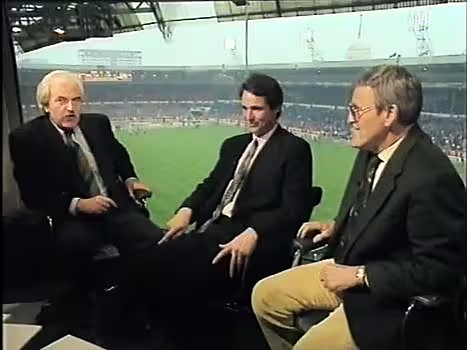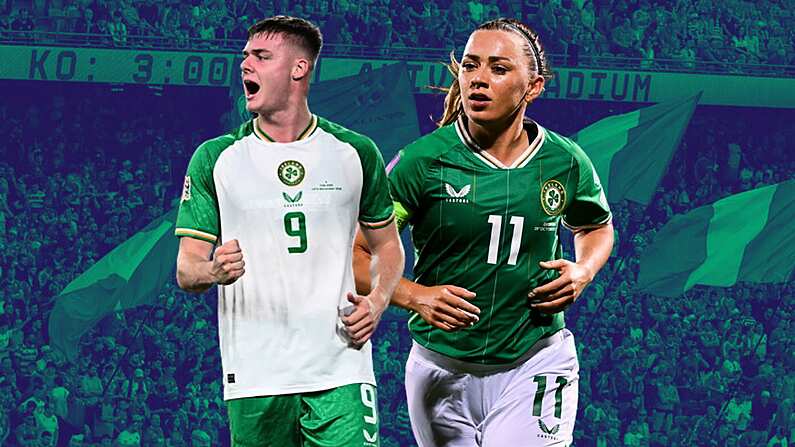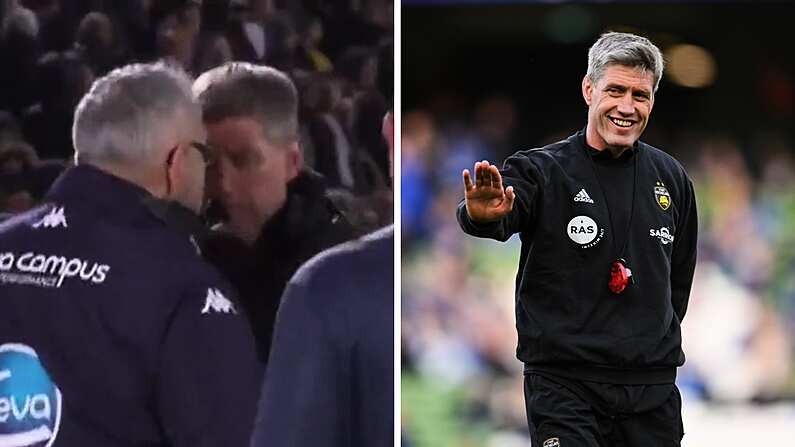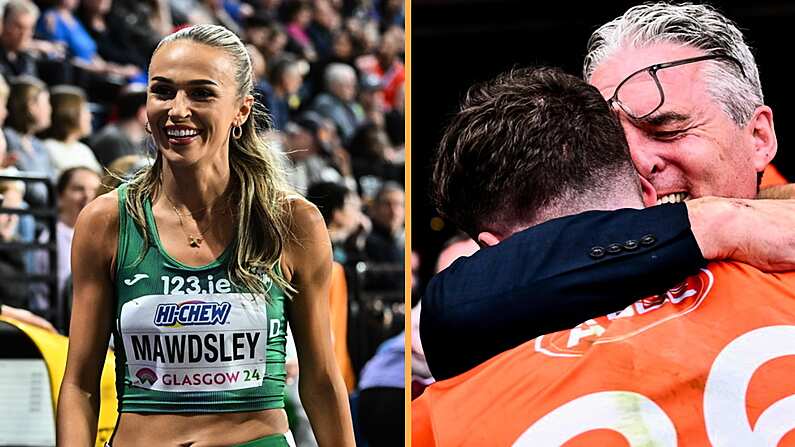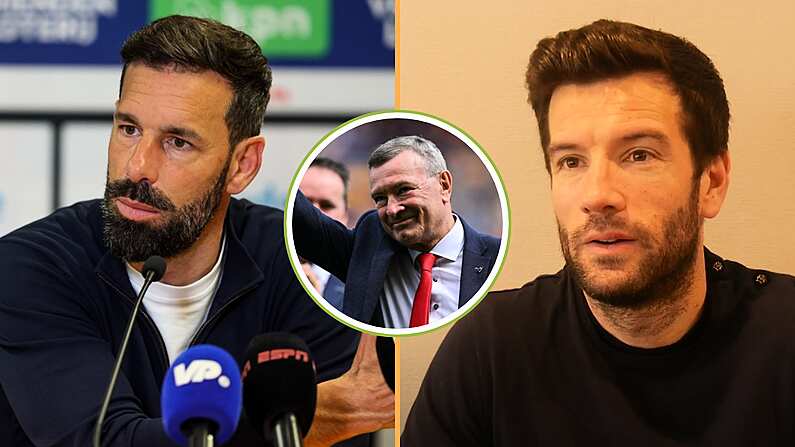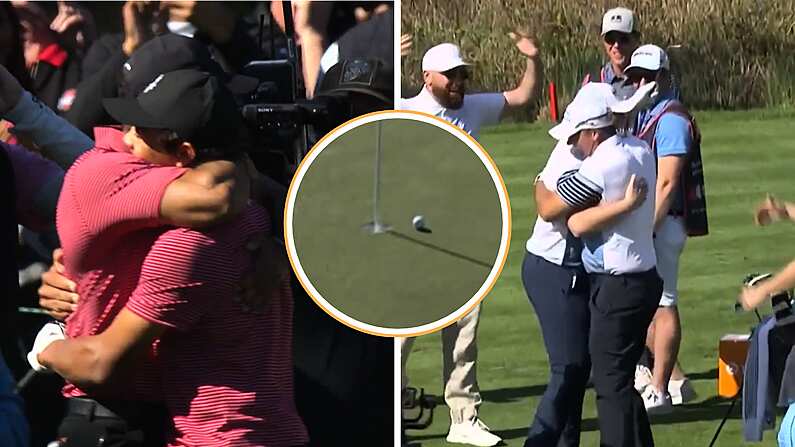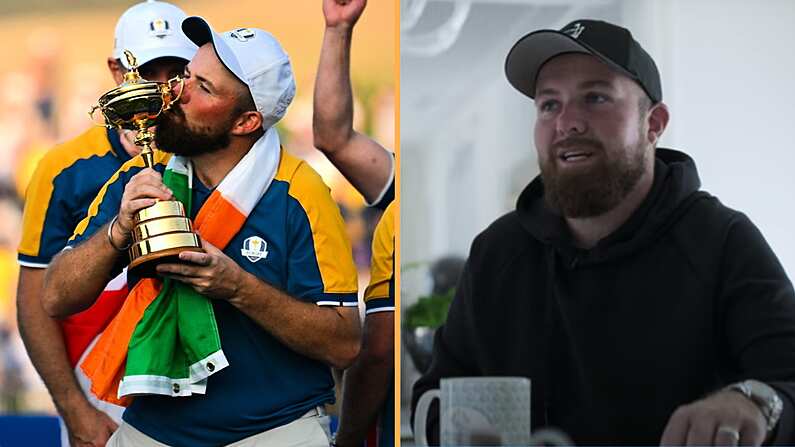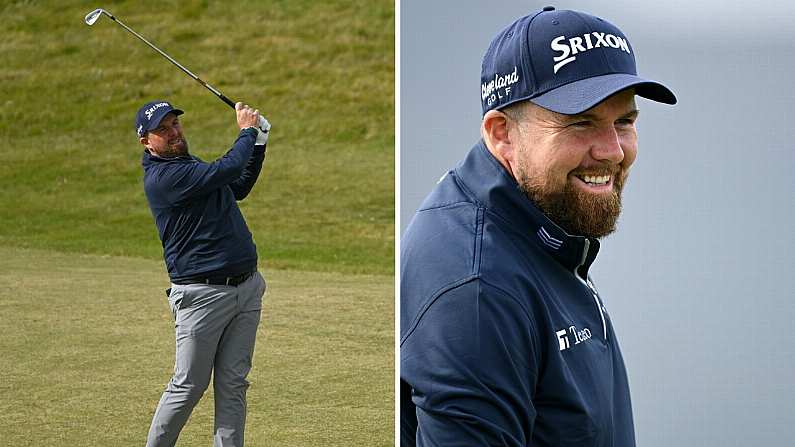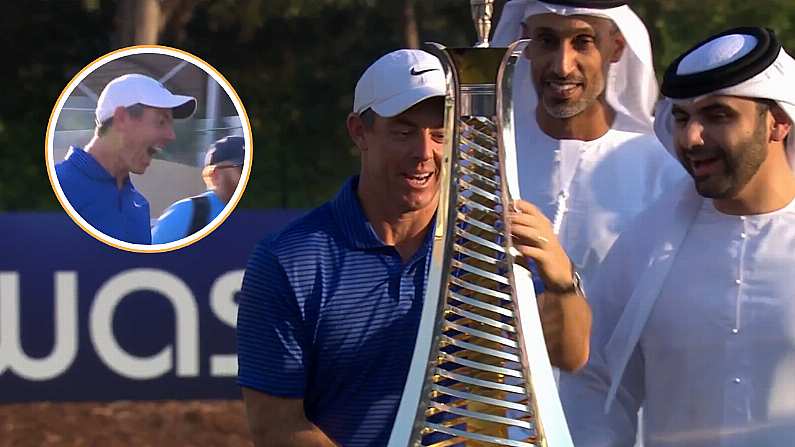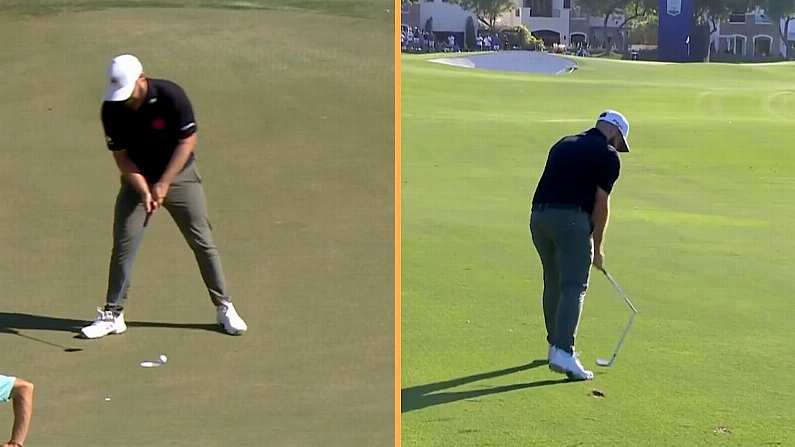The Leinster Football Final is coming down the tracks at us this weekend. Formerly a tense and lively contest, it is now a waste of an hour and a half of television that ideally could be given over to something more dramatic, like an Eastenders omnibus.
For the past few years, Stephen Cluxton has collected the Cup with the sort of enthusiasm that others reserve for the chore of filling one's car with petrol. Despite the grim spectacle in Pearse Stadium last week, anyone with access to the internet will surely flick on the Galway-Roscommon replay. A tight contest always trumps a turkey shoot.
The future of the Leinster Football Final. All that needs to happen is for Sky Sports to negotiate the rights to it and the bulk of the country might soon forget it's on altogether.
What are the formerly great events that the world no longer cares about... well, at least those in Ireland.
World Snooker Championship
The world of snooker is a lot like the global economy in that it's only a matter of time before it's taken over by China. Ask most Irish people to name a snooker player not from 'these islands' and they'll probably say James Wattana. The old-timers might chance Cliff Thorburn. The really well up guys might instance Alain Robidoux for the pointless answer.
The incessant growth of quicker and more raucous sports, particularly snooker's tattooed cousin, darts, has thrown snooker's capacity for sheer boredom into sharper relief.
Snooker is the test cricket of the pub sport world. Therefore, it has struggled to compete in the era of six-second vines and shorter attention spans.
The end of Ken Doherty's era at the top table and his subsequent inevitable transformation into match commentator/part-time competitor has killed off plenty of interest in this country.
The Alfred Dunhill Cup/World Cup
1988. Ireland compete in their first major football tournament. Ray Houghton loops home the winning header against England. Ronnie Whelan scores a stunner against the USSR and Ireland are a whisker away from knocking out the eventual winners and reaching the European semi-finals.
The RTE Sports Person of the year is won not by any member of the historic Irish team that won in Stuttgart but by all three members of our Alfred Dunhill Cup. Eamon D'Arcy, Ronan Rafferty, and Des Smyth won the prize.
Two years later, Rafferty, Philip Walton and David Feherty once more took the trophy home to the land that the latter dislikes so well. However, the achievement couldn't quite eclipse Italia 90 this time.
The competition doesn't even survive in its original guise having been effectively usurped by the World Cup which was won by Ireland in 1958 (Harry Bradshaw and Christy O'Connor) and 1997 (Padraig Harrington and Paul McGinley). The latter duo were not, however, rewarded with the RTE Sports Person of the Year award that year, this award going to Ken Doherty. Neither the prize nor the station which bestowed the prize existed when Christy and Bradshaw won back in the day.
Uber individual sports rarely transfer easily into Nations Cup style competitions.
FA Cup Final
Well, it's true that some people still watch the FA Cup but the romance went out when the Twin Towers were razed to the ground (I don't want that sentence to be misunderstood), though Brian Clough blamed Manchester United's insulting jaunt to Brazil which occurred in the final year the Final was played at the old Wembley.
The FA Cup Final coverage on the BBC used to go on for about nine hours, with Jimmy Hill and Alan Hansen chatting to Des Lynam in front of a pane of glass.
Nowadays, the moneyed, supranational glamour of the Champions League and the continuing deadly importance of the Premier League has put the squeeze on the FA Cup. The take it or leave it approach of the top-rank mega clubs hasn't helped matters either.
Formula One
The popularity of Formula One in this country never recovered after a perfect storm in the early noughties when Jordan transformed from a little team punching well above its weight into a little team punching more or less at its weight and when Michael Schumacher and the Ferrari's started finishing 1-2 every week, with the subservient teammate usually asked to lay out the welcome hat and allow his superior pass in the closing stages. A pisspoor spectacle for those people who were not sexually aroused by the sound of growling engines.
For the non-petrol heads, Formula One's popularity rested partially on glamour but primarily on the patriotic sight of the Jordans mixing it with the big boys. Or 'your Ferrari's, your McLaren's, your Williams's', as Eamon Dunphy might put it.
Even during its pomp, your concentration could wander. The excitement levels invariably peaked at the start of the season, with impressionable kids setting the alarms to get up and watch the Australian Grand Prix at 4.00 in the morning.
By the mid-season, the novelty had worn off, and you wouldn't even watch the race when it was on the middle of the day.
The Golden/Diamond League
Athletics meets live from Oslo or Zurich used to be a semi-regular sight on terrestrial television. The ringing voice of Tony O'Donoghue (athletics one) would blare out from the screen.
The singlets would not bear the country colours. The whole thing was infinitely less grand and romantic than the Olympics and, even the World Athletics Championships.
Irish Derby
43% of schools in Leinster used to get the day off on Irish Derby day. These days, that's not a prospect. The Irish Derby has moved to a Saturday to cater for an international betting audience. The gravitas of the event has been diminished. The casual watching public are less interested.
Tour de France
RTE's decision to drop it from the schedule predates the worst of the drug scandals and so may have more to do with the decline of Irish interest. Sean Kelly was still winning big races as late as 1992 but hanging on until 1996 was a bridge too far. Stephen Roche's final tour, meanwhile, was in 1993. 1996 was the final year of RTE's screening.
TG4 has picked up the baton in the past couple of years but that means there was a 15 or 16 year gap when it was absent from terrestrial screens.
For Irish audiences, the Tour de France was something that Paul Kimmage and David Walsh wrote about rather than something to watch on television.
Read more: Are Roscommon The Biggest Overachievers In Gaelic Football?


